
Ideas of the First Amendment
By Vincent Blasi (NHC Fellow, 1993–96)

By Vincent Blasi (NHC Fellow, 1993–96)
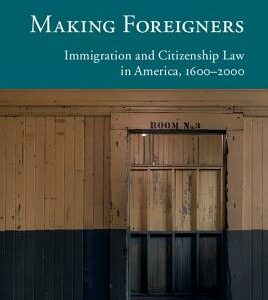
By Kunal M. Parker (NHC Fellow, 2014–15) This book reconceptualizes the history of US immigration and citizenship law from the colonial period to the beginning of the twenty-first century by joining the histories of immigrants to those of Native Americans, African Americans, women, Asian Americans, Latino/a Americans and the poor. Parker argues that during the … Continued
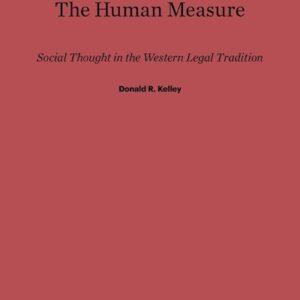
By Donald R. Kelley (NHC Fellow, 1984–85) Not since the works of Lovejoy and Burt has a scholar attempted such a grand-scale inquiry into the idea of law as the vehicle of culture and social and moral thought. Donald Kelley’s major premise is that law and the theory and practice of jurisprudence—civil science—represent the most concrete … Continued
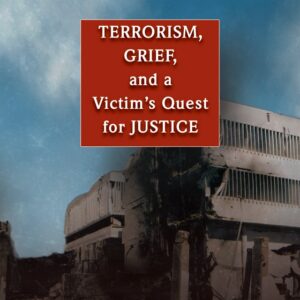
By Susan F. Hirsch (NHC Fellow, 2002–03) On August 7, 1998, bombs exploded at two United States embassies in East Africa. American anthropologist Susan Hirsch and her husband Jamal, a Kenyan, were among the thousands of victims, and Jamal died. From there, Hirsch went on to face devastating grief with the help of friends and … Continued
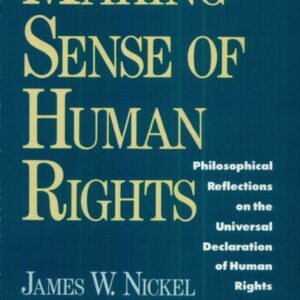
By James W. Nickel (NHC Fellow, 1978–79) This fully revised and extended edition of James Nickel's classic study explains and defends the contemporary conception of human rights. Combining philosophical, legal and political approaches, Nickel explains international human rights law and addresses questions of justification and feasibility. New, revised edition of James Nickel's classic study. Explains … Continued
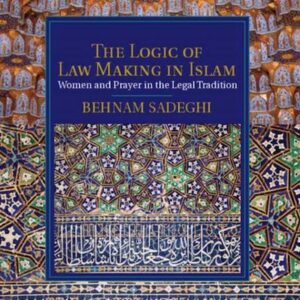
By Behnam Sadeghi (NHC Fellow, 2010–11) This pioneering study examines the process of reasoning in Islamic law. Some of the key questions addressed here include whether sacred law operates differently from secular law, why laws change or stay the same and how different cultural and historical settings impact the development of legal rulings. In order … Continued

By Lochlann Jain (NHC Fellow, 2005–06) Injury offers the first sustained anthropological analysis and critique of American injury law. The book approaches injury law as a symptom of a larger American injury culture, rather than as a tool of social justice or as a form of regulation. In doing so, it offers a new understanding of … Continued
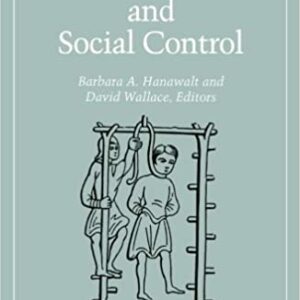
Edited by Barbara A. Hanawalt (NHC Fellow, 1997–98) and David Wallace Crime is a matter of interpretation, especially in the Middle Ages, when societies faced with new ideas and pressures were continually forced to rethink what a crime was-and what was a crime. These essays reveal how various forces in medieval society interacted and competed … Continued

By Patricia Cline Cohen (NHC Fellow, 1994–95) In 1836, the murder of a young prostitute made headlines in New York City and around the country, inaugurating a sex-and-death sensationalism in news reporting that haunts us today. Patricia Cline Cohen goes behind these first lurid accounts to reconstruct the story of the mysterious victim, Helen Jewett. … Continued

By Michael G. Peletz (NHC Fellow, 1999–00) How do Islamic courts work? What sorts of cultural understandings inform judicial process and litigants’ strategies? How do women’s claims fare? Do these courts promote social tolerance? And how do states use them to consolidate power, build nations, and shape a modern citizenry? These are among the questions … Continued